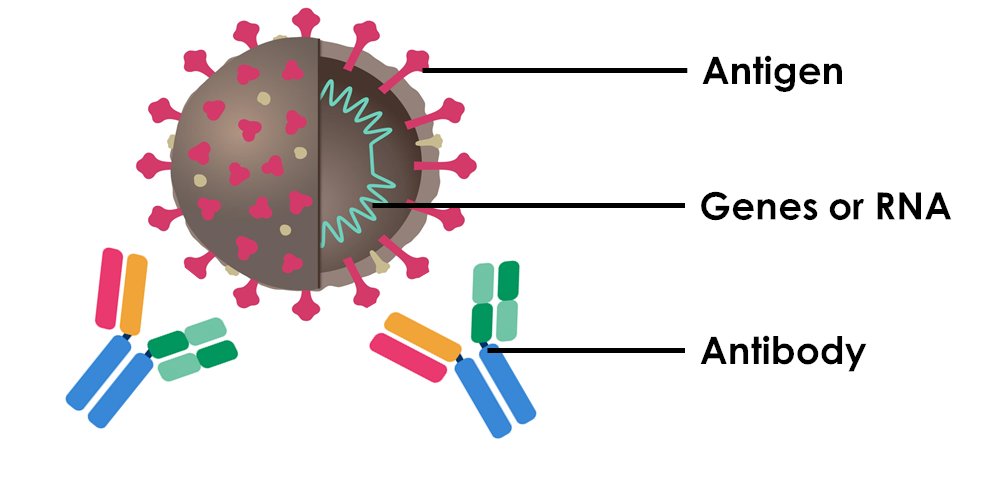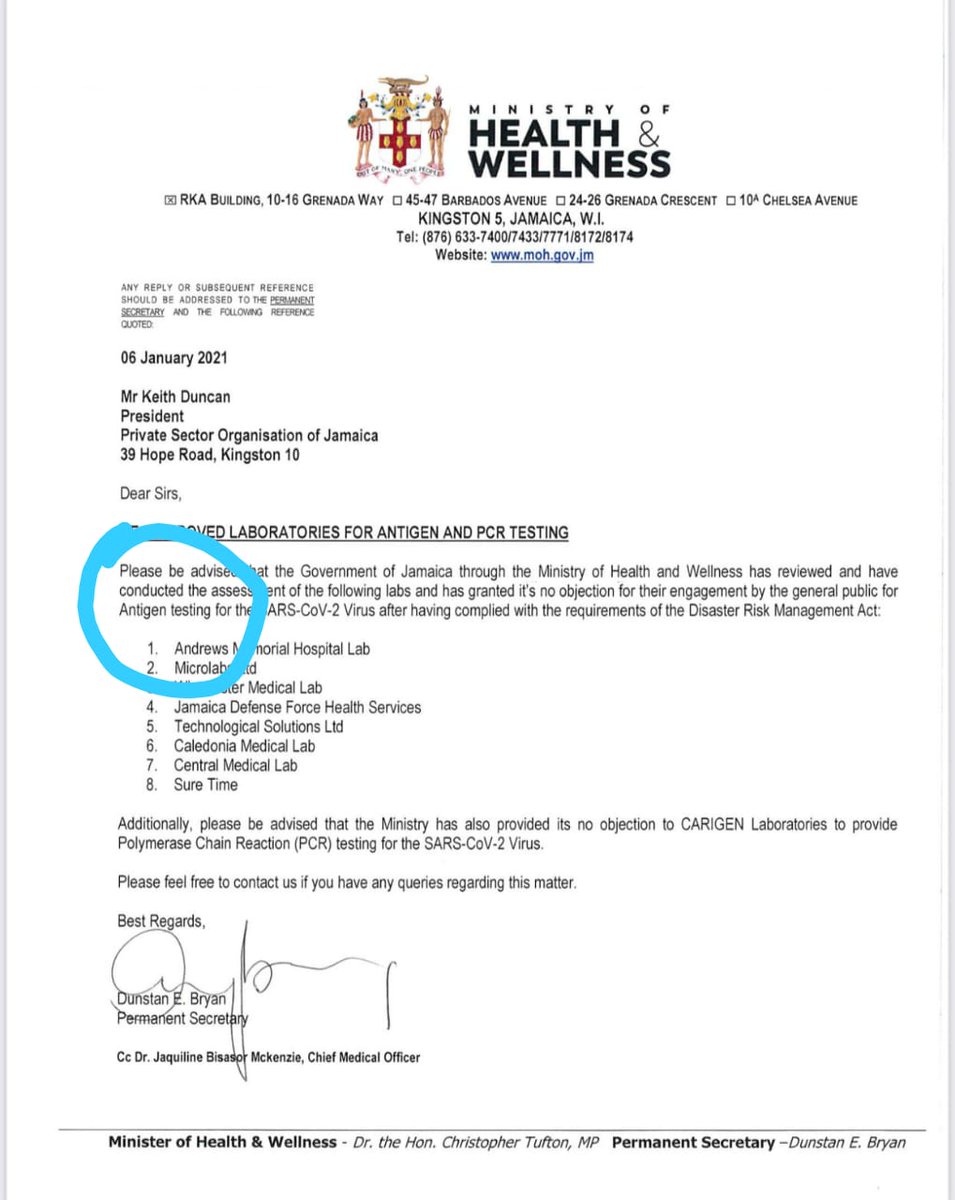

 Know Your COVID Tests; Don't Get Duped
Know Your COVID Tests; Don't Get Duped

There are different types of tests for COVID.
- PCR (this tests for the genes of the virus. Very similar to looking for DNA at a crime scene. You can find a little bit and multiply it up in the lab).
PCR usually is done on a deep swab through the nose and all the way to the back of the nose (called a NASOPHARYNGEAL (nay-zo-fa-rin-gi-al) Swab.
Like in this picture from UC Davis.
Can also be done on a swab of the back of the throat (especially children).
Like in this picture from UC Davis.
Can also be done on a swab of the back of the throat (especially children).
- Antigen test
Now, this is a test looking for the protein structures of the virus. Not like the 'crime scene' test that you can multiply up to boost the signal in the lab.
So this test works best when there is a lot of virus around e.g., early in disease or severe symptoms.
Now, this is a test looking for the protein structures of the virus. Not like the 'crime scene' test that you can multiply up to boost the signal in the lab.
So this test works best when there is a lot of virus around e.g., early in disease or severe symptoms.
The Antigen test performs best around the first day of symptoms starting and for about a week after symptoms start. Before or after that, not a great test.
It can be done fast, and helps us filter out those with most virus who are most likely to spread it.
It can be done fast, and helps us filter out those with most virus who are most likely to spread it.
Currently, in general, airlines and countries that require a negative test before boarding a flight require a PCR, not Antigen.
Read more here: https://paracaribe.com/an-approach-to-testing-for-covid-19/
Read more here: https://paracaribe.com/an-approach-to-testing-for-covid-19/
More:
Private labs approved to conduct antigen testing were recently announced by @themohwgovjm
This particular antigen test requires a deep nasopharyngeal swab.
The swabber should be in protective gear, and to be done in a dedicated space; not an office procedure.
Private labs approved to conduct antigen testing were recently announced by @themohwgovjm
This particular antigen test requires a deep nasopharyngeal swab.
The swabber should be in protective gear, and to be done in a dedicated space; not an office procedure.
There are other types of antigen tests. Some do NOT require a deep nasopharyngeal swab, and a simple swab of the first inch or so inside of the nose (usually on both sides) is done.
This picture shows a shallow nasal swab for some antigen tests.
This picture shows a shallow nasal swab for some antigen tests.
And thirdly,
There are antibody tests.
Your body needs time to make antibodies, usually 2-3 weeks or a month or more after you became infected.
Antibody tests are usually blood tests.
Useful:
-if you were sick and couldn't get a PCR and now you're recovered.
-surveillance
There are antibody tests.
Your body needs time to make antibodies, usually 2-3 weeks or a month or more after you became infected.
Antibody tests are usually blood tests.
Useful:
-if you were sick and couldn't get a PCR and now you're recovered.
-surveillance
- antibody tests are also particularly useful when there is a delay in diagnosis (sick at home for weeks and can't access PCR or antigen and now come to hospital severely ill). Still do PCR, may be negative.
- children with the inflammatory immune response with delayed diagnosis
- children with the inflammatory immune response with delayed diagnosis
Read more here: https://paracaribe.com/an-approach-to-testing-for-covid-19/
We don't treat tests. A test is not the be all and end all.
We assess:
- likelihood that you were exposed to the virus
- your current health status
- ask about symptoms (may or may not be present)
- if you're likely to be around vulnerable persons (elderly etc)
We assess:
- likelihood that you were exposed to the virus
- your current health status
- ask about symptoms (may or may not be present)
- if you're likely to be around vulnerable persons (elderly etc)
We sometimes have to repeat tests. Because no test is perfect. You can have the virus and the test doesn't show it at that point in time.
There's a 'best time' for each of the different tests.
Alert: Not so simple graph ahead.
There's a 'best time' for each of the different tests.
Alert: Not so simple graph ahead.
Happy to share any other insights and also happy for feedback, questions, comments here or via @ParaCaribeJA
Read more here: https://paracaribe.com/an-approach-to-testing-for-covid-19/
Read more here: https://paracaribe.com/an-approach-to-testing-for-covid-19/

 Read on Twitter
Read on Twitter






